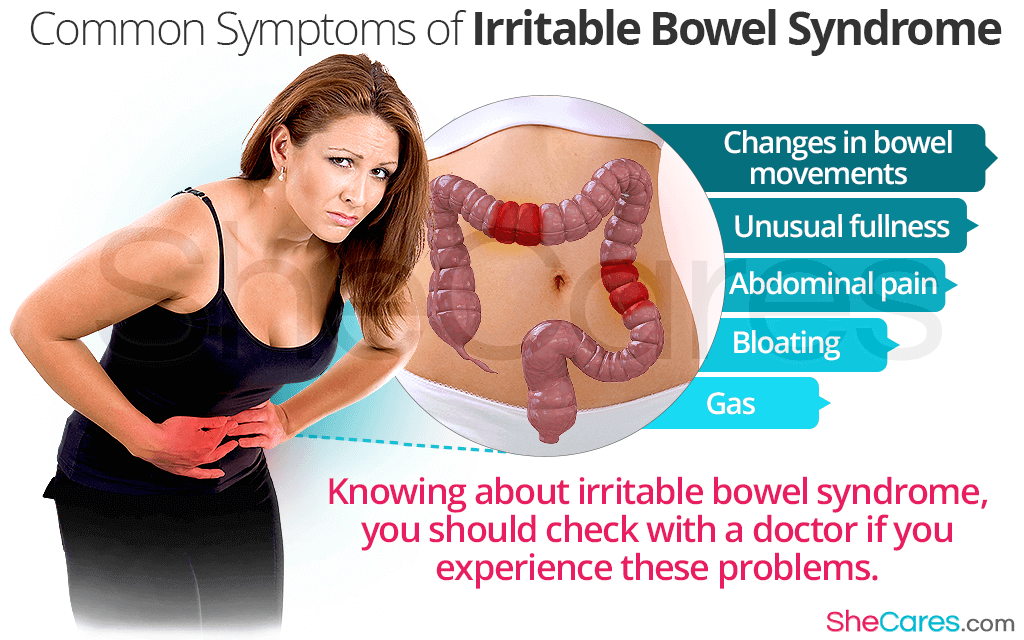If you think you might have irritable bowel syndrome (IBS), you may be wondering what it really is or how you're meant to manage your symptoms. This condition is one of the most common digestive complaints in women, so read on to learn more about irritable bowel syndrome.
What Is IBS?
Irritable bowel syndrome is a medical disorder that leads to problems in the bowels and intestines. It affects the large intestine, and generally causes swelling and inflammation of the large intestine.
What Are Common Symptoms of IBS?
IBS is a chronic condition, meaning that it lasts for a long time, although there may be periods of time where symptoms are not present. There are a number of symptoms of IBS, they must be present at least three days a month for at least three months.
The most common symptoms of IBS are:
- Changes in bowel movements (i,e; constipation or diarrhea)
- Unusual fullness
- Abdominal pain
- Bloating
- Gas
Some of these symptoms are also symptoms of other serious conditions, such as celiac disease, Crohn's disease, or eve colon cancer, so you should check with a doctor if you experience these problems often.
What Tests Diagnose IBS?
Unfortunately, there is no test to diagnose IBS. It is most often diagnosed by a healthcare provider based on your description of your symptoms after a number of tests rule out other conditions with similar symptoms.
Tests that may be done to rule out other problems include blood tests to look for celiac or anemia, stool cultures to check for infections, and colonoscopies to search for other bowel anomalies.
How Can IBS Be Treated?
There is no cure for IBS, but there are a number of treatment plans that may help you. The most common treatment method is a change in diet. Because IBS is different for everybody who experiences it, there is no one diet that can help every patient. However, there are general suggestions, such as eating smaller meals or avoiding caffeine.
Some medications can also be used to treat the symptoms of IBS. There are certain medications that are most useful for different symptoms - some are for pain, while others may work for diarrhea or constipation. Again, each patient is likely to require a different mix of medicines.
Knowing what you do now about irritable bowel syndrome, you can feel ready to talk to your doctor to learn more. Read about some important vitamins for digestion for tips on how to improve your digestive ailments.
